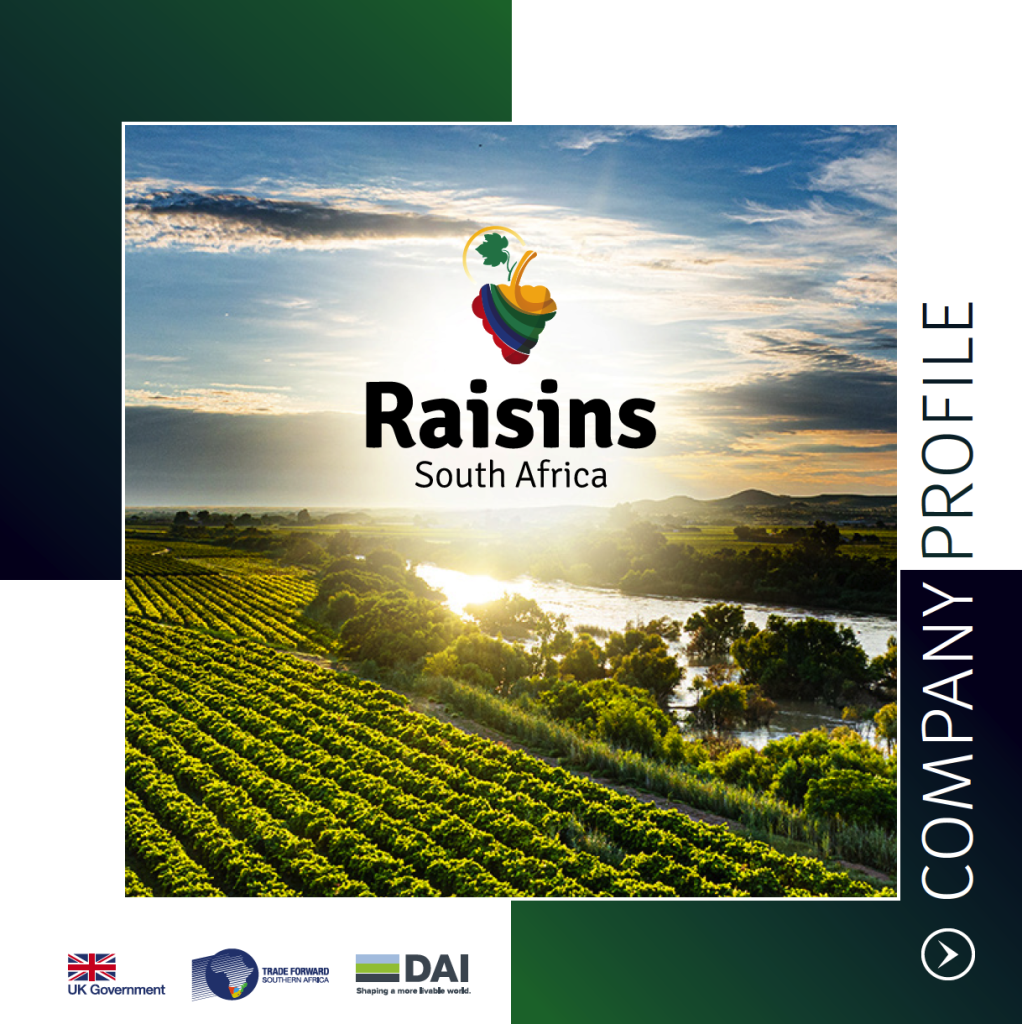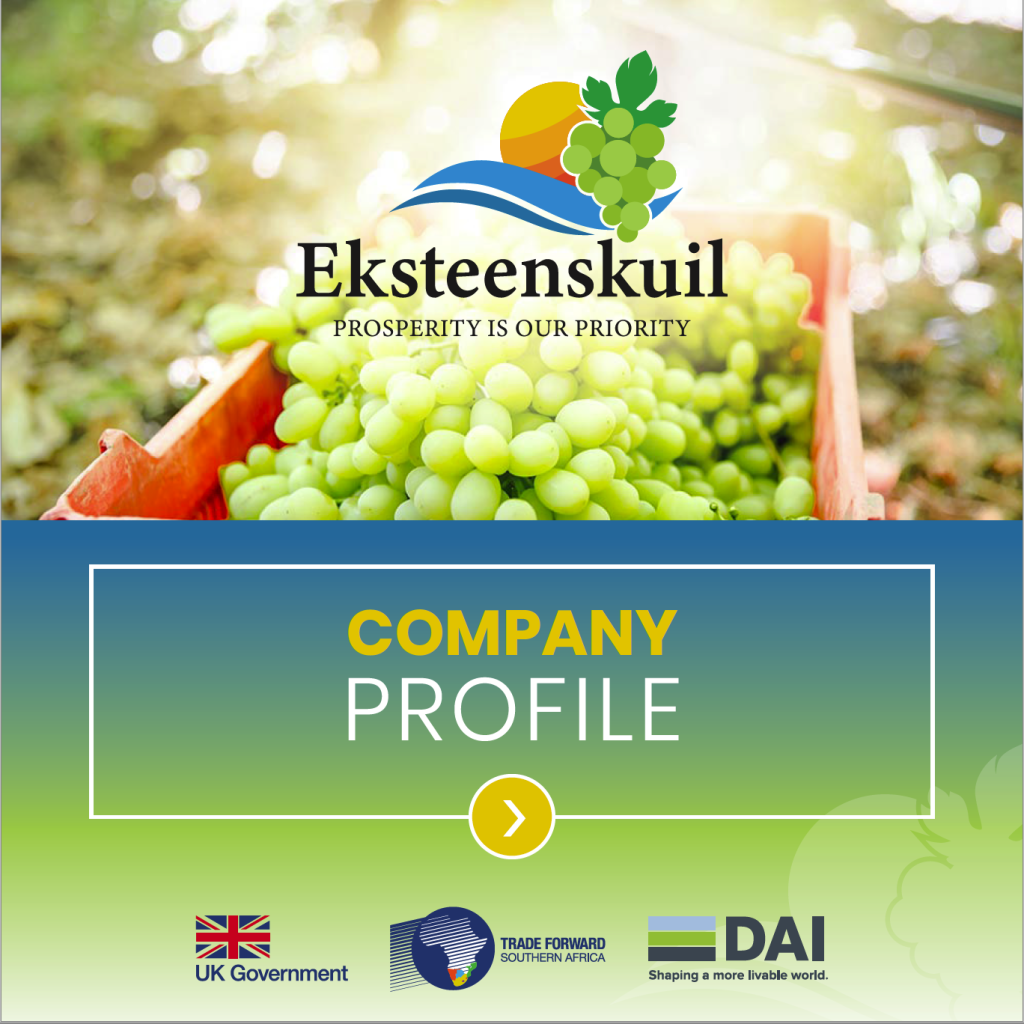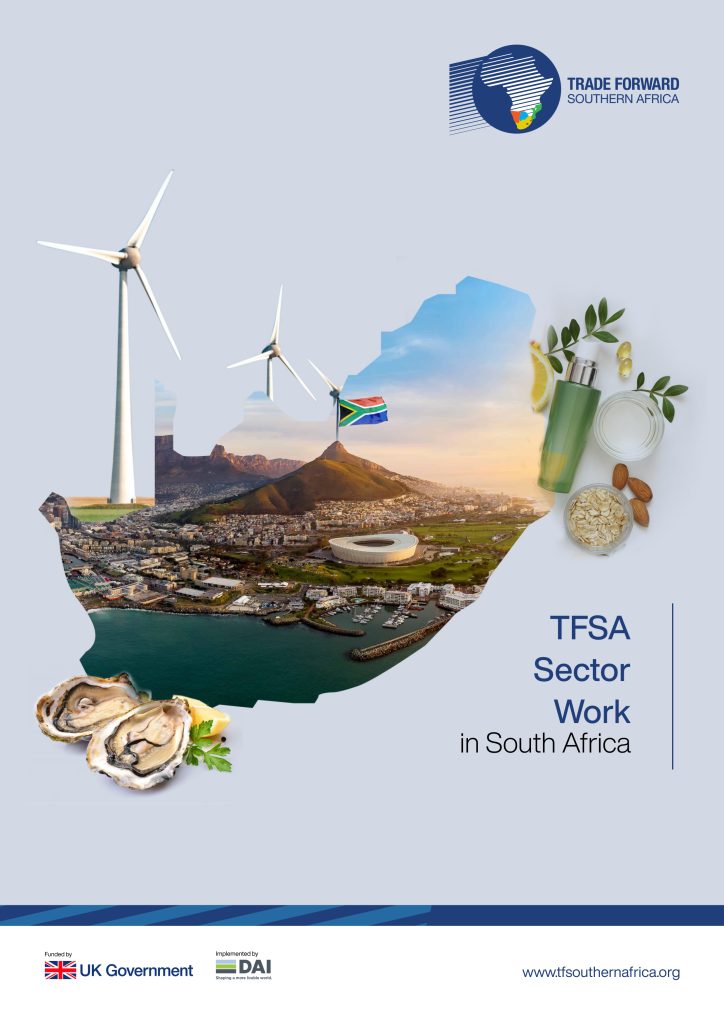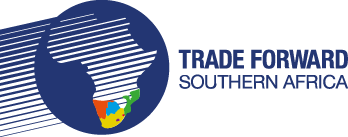South Africa’s economic profile:
South Africa is the second largest economy on the African continent, with world class infrastructure and well-developed financial markets. With a highly developed agriculture sector, vast mineral resources and strong exports, South Africa is a premier investment destination.
Though ranked as a middle-income country, most South Africans experience glaring poverty and South Africa is ranked as the most unequal in the world. This dual economy is perpetuated by a legacy of exclusion and the nature of economic growth, which is not pro-poor and does not generate sufficient jobs. The persistence of the COVID-19 pandemic at the global and domestic levels will continue to constrain South Africa’s economic recovery. In addition, as economic activity restarts, pre-existing structural constraints, such as electricity shortages, will limit the growth trajectory.
In its National Development Plan 2030, South Africa identifies the export sector as an engine for faster, more inclusive, and job-intensive growth. The National Development Plan is targeting export volume growth of 6 percent a year—to achieve an annual increase in real GDP growth of about 5.5 percent and to help generate 11 million new jobs by 2030. South Africa has a relatively good core network of national economic infrastructure. The challenge is to maintain and expand its electricity, water, transport and communications infrastructure in order to support economic growth and social development goals. There is some concern that the state does not have the institutional or financial capability to implement the investment plans needed to finance infrastructure to the required scale. (Source: The World Bank)
TFSA sector work in South Africa:
Priority sectors in South Africa include aquaculture, cosmetics and natural ingredients, fruits, nuts and vegetables, and green technology and renewables. All have a strong commercial base and an active sector, with green technology, in particular, enjoying immense opportunities for investment and growth. A large part of production is in rural areas that would greatly benefit from trade and export growth, as would the large number of women working in the cosmetics and natural ingredients sector.
TFSA works closely with CECOSA in the cosmetics and natural ingredients sector and CGA-GDC, DFDC-SA, Raisin SA and SAMAC in the fruits, nuts and vegetable sector to reach producers and provide assistance to improve compliance and linkage to international buyers. In the rapidly growing green technology and renewables sector, key partners include industry association SAEEC, and key market players Atlantis SEZ and Green Cape, to develop industry guidelines and manufacturing processes. To learn more about the outcomes of our various partnerships, download the South Africa country report below.





